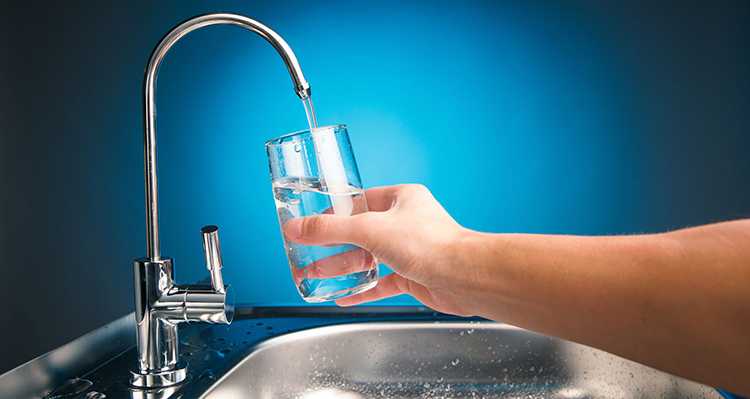Is My Water Safe to Drink?
As a home inspector in New York, I often get asked about the safety of drinking water in homes and office buildings. The answer can be a little bit tricky.
First of all, there are two scenarios for water: municipal water and well water. A third, far rarer category would be privately delivered water, which is usually for a small community such as a homeowners’ association that either has tainted groundwater or a dried up aquifer.
Before I discuss the case for testing with regards to each of these scenarios, I would like to explain just what elements are commonly found in tainted water.


Potable Water
Water that is meant for drinking is called “potable” water. The most common pollutants are coliform bacteria, lead, copper, nitrates and nitrites. One also should be cognizant of volatile organic compounds (VOCs) that come from gasoline engines, such as gas, oil, and additives. I have run into homes that were built near abandoned arsenic mines, so doing your due diligence on the history of the property and nearby environs is prudent.
Danger to Your House
But dangerous elements for drinking are not the whole story. Some elements may not harm your digestive or urinary systems, but they may harm your house’s plumbing system. Highly acidic water (Low PH) can cause the pipes to corrode and leak. High iron in the water can cause rust to form inside plumbing fixtures and destroy toilets as well as stain sinks and the interior of pipes and valves. Very hard water can make soap and detergents difficult to dissolve which complicates laundry and dishwashing. In the case of municipal water, the water being delivered to your taps is usually safe. It is tested on a regular basis and in some communities, a report is issued on a quarterly basis to the residents.
City Water


Well Water
Well, water is obviously something that requires testing. In addition to the naturally occurring minerals in the earth that can affect one’s health and that of the plumbing, animal excrement can leech into it causing coliform bacteria to grow, and fertilizer can cause nitrites and nitrates, which are carcinogenic to seep into the water. As for private water that is delivered, it may be clean (what proof is there without testing?) , but the same issues found with municipal water, especially interior plumbing, merits testing.
Conclusion
In conclusion, it is prudent to always have one’s water tested if there is any doubt as to its cleanliness. Knowledge is power, and whatever is found can be filtered and otherwise purified with various filtration devices that are engineered for the specific pollutant. Once, identified by a professional water testing company, a qualified water conditioning company can provide the necessary remedial equipment, and determine the proper maintenance schedule that will keep your water safe for drinking and safe for your plumbing system.
